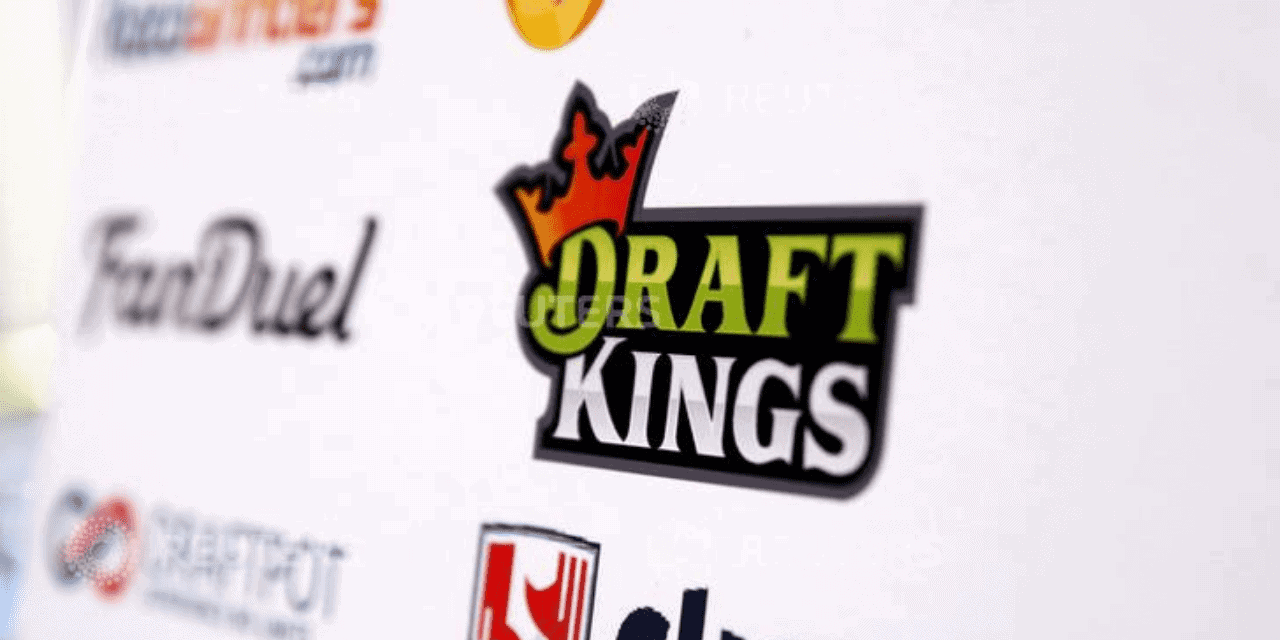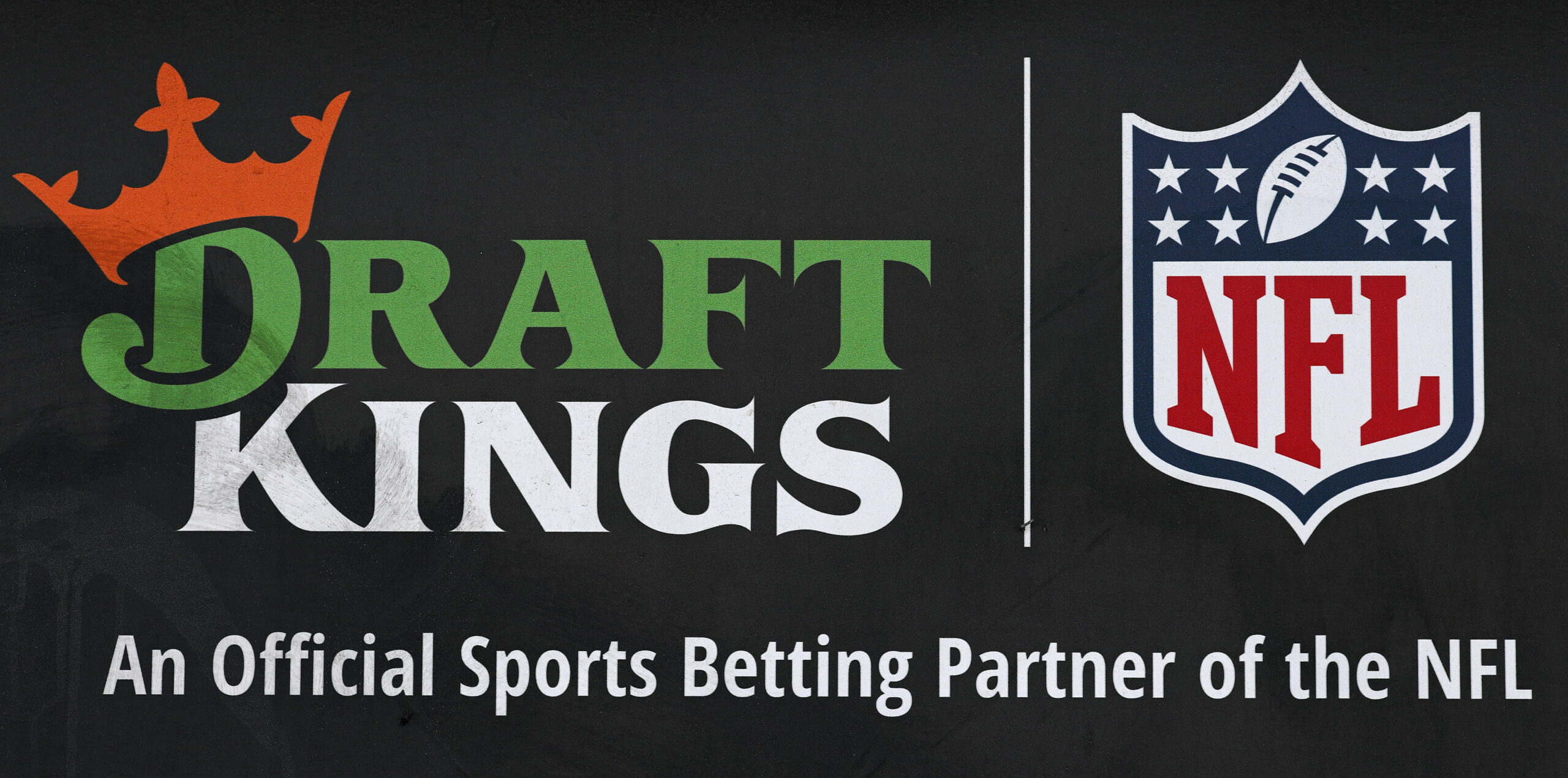The Best Bet is One that I Lost

Legal sports betting has become ubiquitous – an ever-present reality once upon a time relegated to the cloistered casinos of Las Vegas and Atlantic City.
When the Supreme Court struck down the Professional and Amateur Sports Protection Act in 2018 – a 1992 law that banned commercial sports betting in most states – experts foresaw the current explosion happening in real-time today.
From the NFL to Major League Baseball, betting commentary is everywhere. It’s becoming normalized. Even some of our favorite announcers and analysts have become spokespeople, slipping in advertisements for online outlets as part of the running commentary surrounding the games.
According to the Legal Sports Report, Americans have wagered $65 billion since the High Court ruling. That’s $5 billion more than the Gross Domestic Product (GDP) for the country of Lebanon for the last three years combined.
And that’s legal betting.
By some estimates, Americans illegally wager upwards of $150 billion a year.
George Bernard Shaw famously said, “In gambling, the many must lose in order that the few may win.” Indeed, the “house” almost always wins – or the “house” wouldn’t still be standing.
The allure of gambling is timeless – a quick windfall for little effort. That’s been the promise for years. What’s changed is how easy and convenient it’s become to gamble, not to mention the de-stigmatizing of the activity itself. A few clicks and you’re in. In the history of the medium, never before until now has one been able to lose so much so quickly – all from the comfort of your own home.
My father never gambled, but beginning in the fifth grade, a friend of mine began distributing small betting slips for NFL football games each week in the fall. It was never clear to me who was running the operation, but the investment was small – a dollar or two. You’d pick the whole slate of games. If you picked them all correctly, you stood to win something like a hundred dollars, a huge fortune to a small kid. I never knew anyone who won – but the fantasy of victory drew me in. Fortunately, I soon lost interest.
Come college though, my best friend bet on sports all the time. Mainly college football. He placed his wagers through a bartender at a local Chinese restaurant. Calling in your bet, the code for a hundred dollars was an “egg roll.” He bet many egg rolls – losing more than he won.
On Christmas morning in 1994, my friend called to say he had a good feeling about the Aloha Bowl, which was being played later that day in Honolulu, featuring Boston College versus Kansas State. His girlfriend was a student at Boston College. I assumed he had some inside information.
“Want to join me?” he said. In a moment of weakness, I decided to bet $50.
In the end, we lost. Boston College won the game, but my memory is that they didn’t cover the spread – the predetermined margin by which football game wagering is measured.
I remember feeling sick to my stomach. It took some of the glow off Christmas night. At the time, I was earning $6 an hour and quickly realized that I’d lost an entire day’s wages. I was embarrassed and felt like a fool.
“Good gamblers are lucky if they break even,” my friend told me. He was used to losing.
In hindsight, I learned a valuable lesson that evening. If something seems like a sure bet, it’s not. I never bet on a football game again.
Given the proliferation and normalization of gambling, parents would be wise to discuss the downsides of wagering. Ads depicting it as glamorous and the way to easy money are lies.
The best bet is not bet at all. Gambling addiction has mushroomed as gambling has spread, bringing with it a host of harms, including destroying marriages and families. Gambling also preys on the vulnerable and the poor. It promises everything and delivers nothing. Yes, people win from time to time – but a stopped clock is also right twice a day.
While the Bible doesn’t specifically address gambling or call it a sin, it regularly warns about the love of money and our problem with greed.
“Wealth gained hastily will dwindle,” wrote the writer of Proverbs, “but whoever gathers little by little will increase it” (13:11).
I regret wasting $50 betting on a football game, but lessons learned from mistakes with money can sometimes be worth far more than the resources lost.
Photo from Reuters.
ABOUT THE AUTHOR
Paul J. Batura is a writer and vice president of communications for Focus on the Family. He’s authored numerous books including “Chosen for Greatness: How Adoption Changes the World,” “Good Day! The Paul Harvey Story” and “Mentored by the King: Arnold Palmer's Success Lessons for Golf, Business, and Life.” Paul can be reached via email: Paul.Batura@fotf.org or Twitter @PaulBatura
Related Posts

Online Super Bowl Betting Mushrooms, Fueled By Prediction Markets
February 11, 2026

Please Pray for the Release of Jimmy Lai
February 10, 2026

Kalshi, Prediction Markets Make It Easy for Kids to Gamble Online
February 10, 2026

